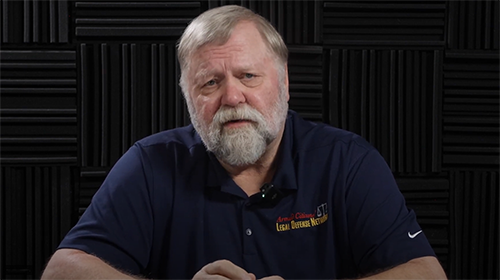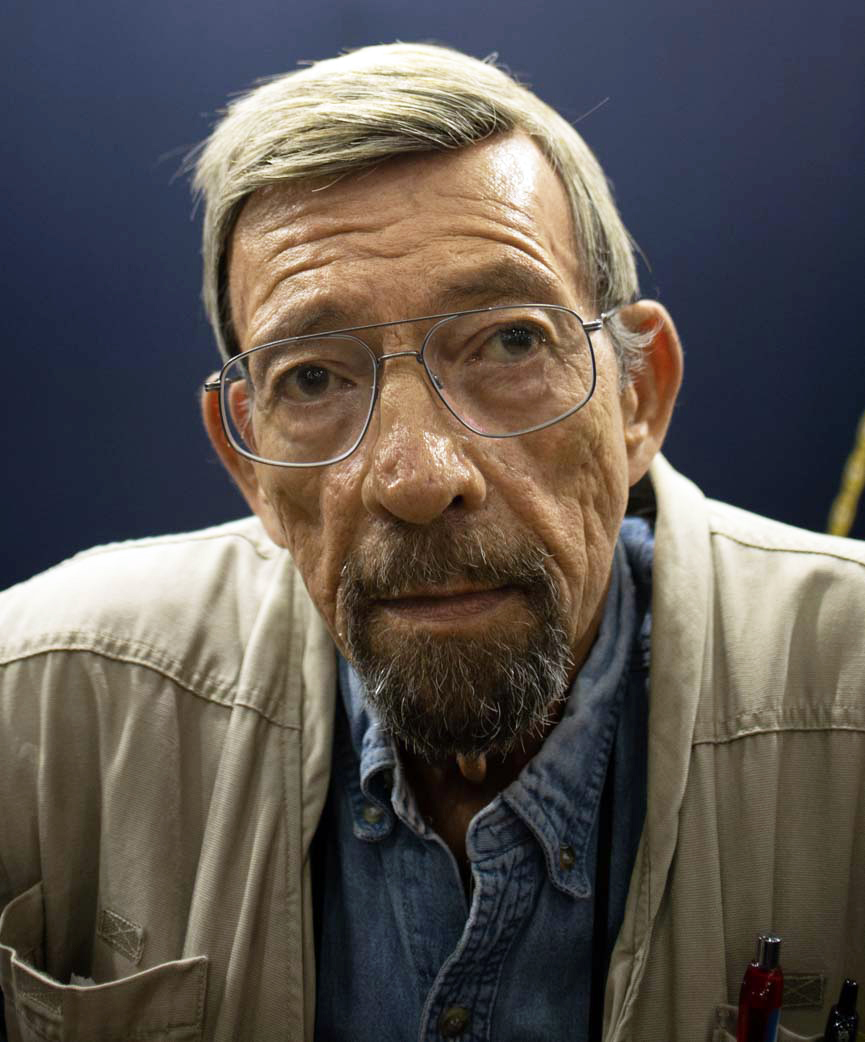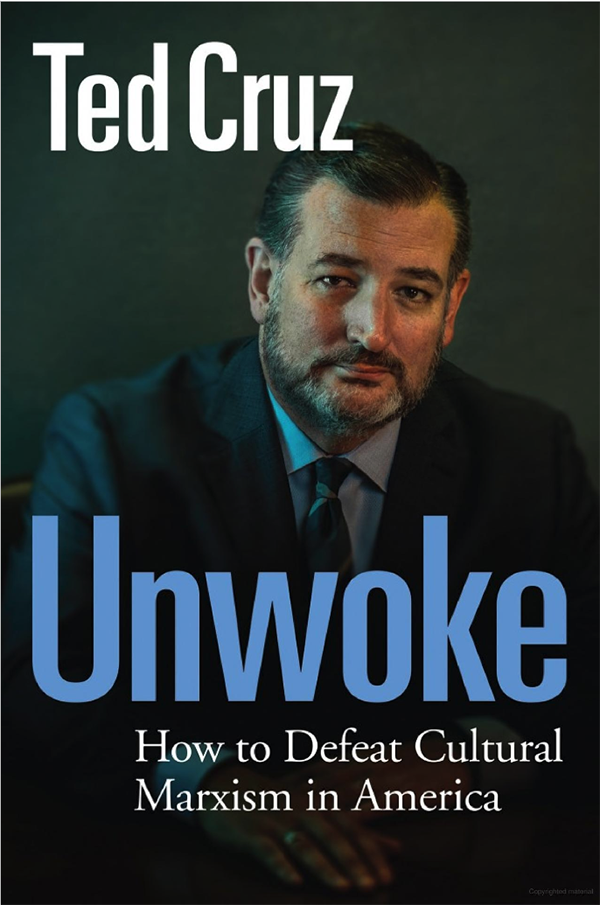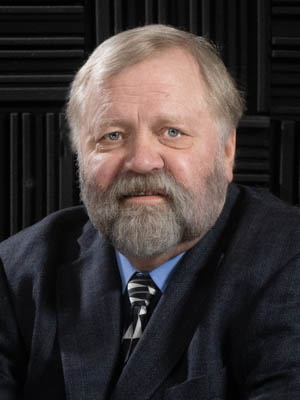Including ...When "Self-Defense" Arguments Fail • President’s Message • Attorney Question •News from our Afilliates • Book Review • Editor's Notebook • About this Journal
Get eJournal PDF: click here
When "Self-Defense" Arguments Fail
An Interview with Marty Hayes, J.D.
We read often about defendants in court who say, “It was self defense!” in cases involving drug deals gone bad, brawls in which both combatants were willing participants, and I even read about a teen who shot a teacher and several classmates at school who said he acted in self defense.
Clearly, sometimes decisions about how self-defense trials are conducted don’t always involve good, decent citizens like Network members, so the poor judge has to decide whether to let the lawyers lay it all out for a jury, refuse to give a self-defense instruction to the jury after all the evidence is presented, or as I understand it, the judge can refuse to admit evidence and testimony or even prohibit any mention of self defense. We turned to Network president Marty Hayes to explore why a court might disallow a self-defense argument.
For those who prefer streaming video, we offer a less formal version of this interview with Network President Marty Hayes at https://youtu.be/9geTva7NWFg .
eJournal: Marty, tell us about your background and then I wonder if you could identify common factors that you and others who work in the criminal justice system see time and time again when defendants would like to but are not allowed to argue self defense.
Hayes: I’ve been a cop for the first part of my life from the late 1970s to the early 1990s and of course, as a police officer, I interacted with many people that were involved in using force. I also had the education that law enforcement officers get. In addition, I have worked as an expert witness in court cases since the mid-1990s to present. I looked at my curriculum vitae the other day and noted I’ve been involved in more than 20 self-defense legal cases. They didn’t all go to court, but many of them did. A lot of times the charges were dropped either through a plea bargain or when the prosecutor realized that they didn’t have a winning case.
In 2008, after I spent four years completing a part-time law school program, we started the Armed Citizens’ Legal Defense Network of which I am president. That’s my background in this discipline.
eJournal: I expect we will draw on all of that today. Let’s move on to the reasons a judge might not allow self-defense arguments even if the defendant claims self defense. How and why?
President’s Message
by Marty Hayes, J.D.
April was very interesting! My month included a month-long motorhome journey with my dog to Oklahoma to attend a training course, which has what I believe could possibly be profound implications in self-defense cases. I’ll tell you more about that course next month. The trip started with a week in North Idaho visiting my 91-year-old mother, who is doing great, I am happy to note.
During the first days of my visit with Mom, I was sucker-punched by Marc J. Victor, an Arizona attorney who runs a unique self-defense legal program called Attorneys on Retainer. I wasn’t physically sucker-punched mind you, but attacked by a competitor in the legal arena who I thought was a friend, trying to make profit by telling mistruths and making misleading statements on YouTube about the Network.
News From Our Affilliates
This column highlights the work of our affiliated instructors. Few firearms instructors active in America today have touched as many lives as our mentor, Advisory Board member and affiliated instructor Massad Ayoob.
One characteristic that sets a class with Ayoob apart is his focus on the laws and ethics of use of force. In fact, some classes he teaches aren’t focused on shooting skills at all, and yet have the greatest personal impact on many of us. We spoke with Mas recently about his Deadly Force Instructor course, which, interestingly, is not just for instructors. It was a fun and thought-provoking conversation that I expect Network members might enjoy “sitting in on.”
Attorney Question of the Month
 This column focuses on demystifying legal defense issues so members better understand what they may face if they defend themselves or their families. This month, we discuss the legal defense of self defense.
This column focuses on demystifying legal defense issues so members better understand what they may face if they defend themselves or their families. This month, we discuss the legal defense of self defense.
Traditionally, criminal defense attorneys suggest clients should not testify in court, hoping instead that the presumption of innocence and holes in the State’s case will lead to acquittal. When an armed citizen uses force in self defense, he or she has committed elements of a violent crime, and justification for those actions needs to be explained to a jury’s satisfaction.
When representing a client who has used force to defend themselves, what has been your experience if the defendant testifies or does not testify at trial?
Are You Attending the NRA Annual Meeting in Dallas?
 Traditionally, the Network’s biggest new member recruitment expenditure is exhibiting at the National Rifle Association’s Annual Meeting, where according to the NRA, we enjoyed access to upwards of 85,000 armed citizens who attend. If you are one of the many members we first met at an NRA Annual Meeting, you can attest that it has been a good opportunity to meet like-minded men and women, hear about your concerns and those of other armed citizens and talk about what the Network does to alleviate member troubles after use of force in self defense.
Traditionally, the Network’s biggest new member recruitment expenditure is exhibiting at the National Rifle Association’s Annual Meeting, where according to the NRA, we enjoyed access to upwards of 85,000 armed citizens who attend. If you are one of the many members we first met at an NRA Annual Meeting, you can attest that it has been a good opportunity to meet like-minded men and women, hear about your concerns and those of other armed citizens and talk about what the Network does to alleviate member troubles after use of force in self defense.
Book Review
 Unwoke:
Unwoke:
How to Defeat Cultural Marxism in America
By Ted Cruz
368 pgs., $22 paper; $13.49 eBook
Published by Regnery, Nov. 7, 2023
Reviewed by Gila Hayes
April’s news was full of stories about antisemitic agitators protesting on and around campuses, raising safety concerns. Current events coincided with a book I was reading by US Senator Ted Cruz. Unwoke begins with the story of his father, who immigrated to the United States in the late 1950s and endorsed Castro. After Castro showed his true colors, the elder Cruz saw that he had been wrong and publicly apologized. Too bad we can’t say the same for American leaders in politics, business, education and entertainment, who grew up reading Karl Marx’s writings and continue to view life as “a battleground between oppressed people and their oppressors.” Today, the idea of oppressed classes extends beyond workers to encompass race, gender and sexual orientation.
Editor’s Notebook
by Gila Hayes
It’s interesting when questions from non-members and members show a clear trend. First, of course, it often alerts me to clarifications and explanations that we can provide on our website. Second, trending questions indicate topics under discussion on gun boards, on YouTube channels, and amongst armed citizens in general of which we should be aware.
April was no exception with a lot of requests for specific limits on how much assistance Network members would be granted after a self-defense incident. In our litigious society, nearly everyone buys insurance for indemnification against everything from liability for the parcel delivery man slipping and falling on our porch to car accidents, so folks tend to view the world through the lens of insurance. As a result, many questions are couched in insurance terminology that doesn’t apply to the Network’s assistance for members. Questions about policy limits, exclusions, and recoupment are often posed that also don’t apply to what we do for members after self defense.
About this Journal

The eJournal of the Armed Citizens’ Legal Defense Network, Inc. is published monthly on the Network’s website at http://armedcitizensnetwork.org/our-journal. Content is copyrighted by the Armed Citizens’ Legal Defense Network, Inc.
Do not mistake information presented in this online publication for legal advice; it is not. The Network strives to assure that information published in this journal is both accurate and useful. Reader, it is your responsibility to consult your own attorney to receive professional assurance that this information and your interpretation or understanding of it is accurate, complete and appropriate with respect to your particular situation.



